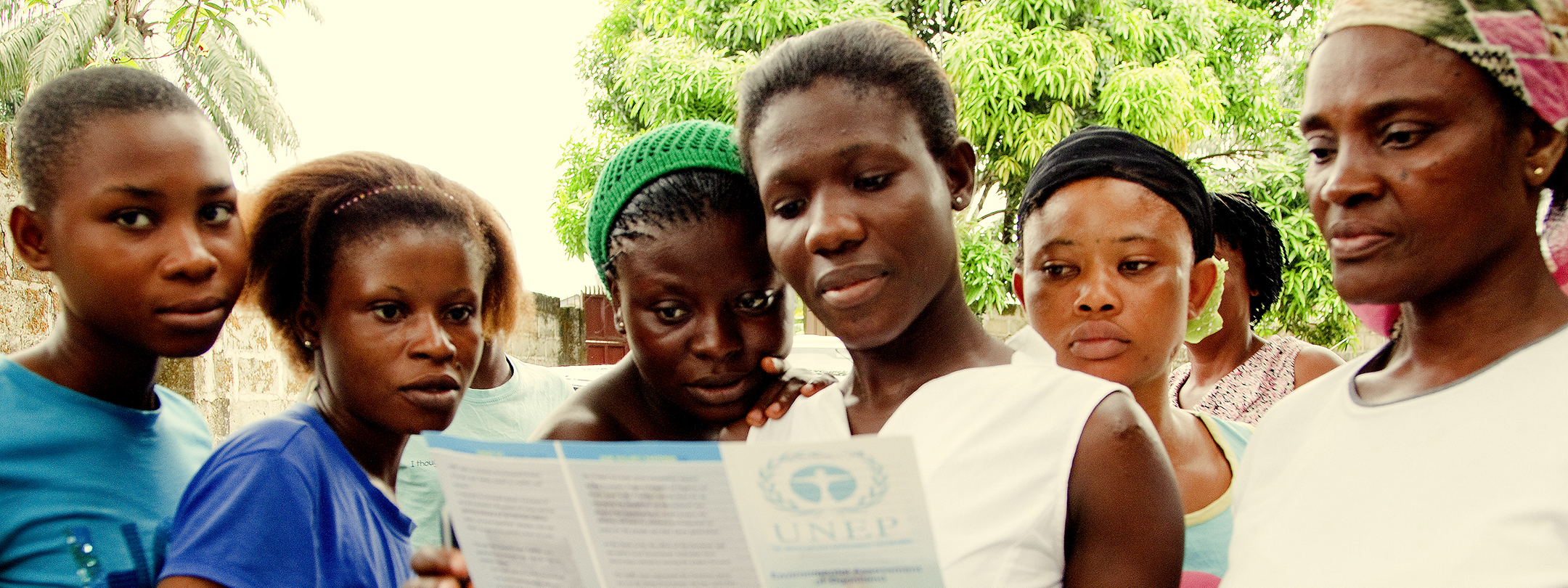Evaluating Peacebuilding Activities in Settings of Conflict and Fragility
Publisher: Organisation for Economic Co-Operation's Development Assistance Committee
Author(s): OECD
Date: 2012
Topics: Assessment, Cooperation, Monitoring and Evaluation, Programming
Countries: Afghanistan, Congo (DRC), Sri Lanka, Sudan
The high human, economic, political and social costs of violent conflict– coupled with a growing sense that such suffering and devastation could be avoided or at least mitigated– have led to increasing shares of development and humanitarian assistance being spent in settings of violent conflict and state fragility. In the decade to 2009 the share of overseas development assistance (ODA) to fragile, conflict-afflicted countries doubled to USD46 billion and 37% of total available ODA. International actors now recognise the centrality of these challenges for global development. Yet the scale of that effort is not reflected in its results. Findings from evaluations in these fields show that there are substantial weaknesses in programme design, effectiveness, and management. Peacebuilding and statebuilding support is often not based on a clear, strategic understanding of the conflict and (potential) role of international support in transforming key conflict drivers. Programmes lack basic conflict sensitivity and are not well adapted to the context in which they operate. The logic and assumptions underlying many activities in these fields are untested and objectives are unclear. Sketchy understanding of a conflict and unchecked assumptions can produce interventions that actually worsen tensions and fuel the conflicts they seek to mitigate.
